 Winter crop has long been the main crop, bringing high income to farmers. However, depending on the locality in the province, with specific conditions such as rapid urbanization, many industrial zones, low food prices, high production costs, etc., many farming households are not very "interested" in the fields.
Winter crop has long been the main crop, bringing high income to farmers. However, depending on the locality in the province, with specific conditions such as rapid urbanization, many industrial zones, low food prices, high production costs, etc., many farming households are not very "interested" in the fields.
By the end of October 2023, many winter crop areas in the province still had stubble, causing waste of land resources. Photo: Chu Kieu
More than 2 years ago, in Phu Xuan commune (Binh Xuyen), the implementation of land consolidation and field exchange in Can Bi 1 and Can Bi 2 villages encountered many difficulties and obstacles due to many subjective and objective reasons. The main reason was that many households in Can Bi 1 village had "side hustles" that made money, so they were not interested in the fields. Therefore, there was a situation where people deliberately refused to accept fields for cultivation despite the close direction of the authorities concerned about the interests of the people.
Recalling the above story shows that today's farmers can give up the "rice fields and honey fields" left by their ancestors when the income from agriculture is not enough to cover daily life or when there is another profession that brings more economic benefits.
In the 2023 winter crop, the whole province strives to plant 14,800 hectares of annual crops, including 5,800 hectares of corn, 1,500 hectares of sweet potatoes, 5,500 hectares of green vegetables, 500 hectares of soybeans, 200 hectares of peanuts and 1,300 hectares of other annual crops.
In Vinh Tuong district, in the 2022 winter crop, the whole district planted more than 3,800 hectares of various crops; in the 2023 winter crop, the district aims to plant about 3,750 hectares of various crops, a decrease of 50 hectares of planting area compared to the same period.
In Binh Xuyen district, in the 2022 winter crop, the whole district planted nearly 800 hectares of various crops, and in the 2023 winter crop, it strives to plant 750 hectares of various crops, a decrease of 50 hectares of planting area compared to the same period.
Preliminary data in Vinh Tuong and Binh Xuyen districts shows that many farmers have abandoned their fields and not planted the winter crop this year.
And the story in some villages in the province today where there are only the elderly and children every day is no longer strange, because people of working age have gone to work in enterprises, gone to work abroad or left for urban areas to find work. Therefore, in the countryside, there are no young workers, the reception and application of scientific advances are limited, leading to low labor productivity. For that reason, the number of farmers abandoning their fields is increasing day by day.
Finding out the reality of why farmers abandon their fields in some districts in the province, it is known that the main reason is because agricultural production is purely hard work, dependent on the weather, and has many potential risks.
Besides, if in agricultural production, services from land preparation, harvesting, agricultural material costs such as fertilizers, pesticides, etc. are always fluctuating in the market, which greatly affects farmers' income.
Therefore, people of working age choose to work in factories, workshops or participate in other types of services, even working as construction workers also gives a steady and higher income than agricultural production.
Mr. Thieu Van Chuc, Tuan Chinh commune (Vinh Tuong) said: "All four brothers left their hometown to make a living. Although the work is hard, the monthly income is still higher than farming. All the farm work now depends on the elderly parents in the countryside.
Well, we encourage the elderly to occasionally grow only a few rows of vegetables to serve the family's daily needs. The remaining fields should be lent or rented out instead of doing it themselves like before, which is both time-consuming and exhausting while the elderly's health cannot handle this heavy work."
Mr. Luu Van Bac, Head of the Department of Agriculture and Rural Development of Binh Xuyen district, said: "As an industrial district of the province, with nearly 1,900 hectares of land for industrial parks (IPs), not to mention some areas for service and handicraft development, the land area for agricultural development of Binh Xuyen district is increasingly narrowing. Because there are many IPs in the area, the majority of young people work in enterprises.
In the localities, the agricultural labor force is aging, they choose to stay at home to look after children or open grocery stores or manage boarding houses, which also bring in a significant income. In addition to the above reasons, there is also the cause of erratic weather, so planting is potentially risky; late cold spells prolong the growth of spring rice, delaying other crops in the year, including winter rice, and low agricultural prices.
In addition, the main sources of raw materials for the processing industry are all purchased by businesses in the Northwest highlands, which also makes farmers in the district not interested in the winter crop. It is estimated that this winter crop, the area of land left uncultivated in the area is up to 70%.
Over the years, the province has always accompanied farmers with specific and practical support mechanisms and policies. With these support mechanisms and policies, concentrated agricultural production areas have been formed in the area such as safe vegetable and fruit growing areas according to VietGAP process in Tam Duong, Tam Dao, Yen Lac, Vinh Tuong, Lap Thach districts; production and consumption chain model of red-fleshed dragon fruit, chili, pink banana, etc.
However, for many reasons, agricultural products are still limited in consumption markets, many products are not highly competitive or are in a situation of "good harvest, low price" and vice versa, so farmers are not interested in agricultural production.
To limit this situation, the core issue is that the province continues to propose many mechanisms and solutions to develop high-tech agriculture with many superior crops, suitable for climate and soil conditions, giving high productivity. When having a stable income, enough to cover their living expenses, farmers will be more attached to the fields.
Thanh An
Source











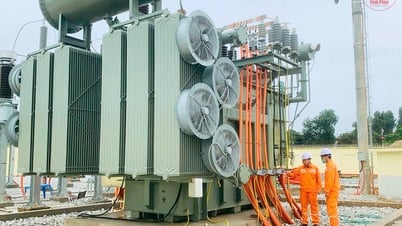
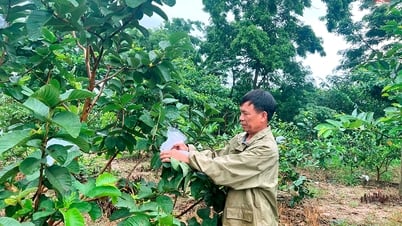
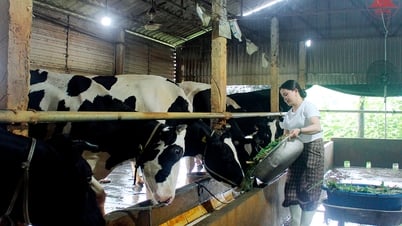
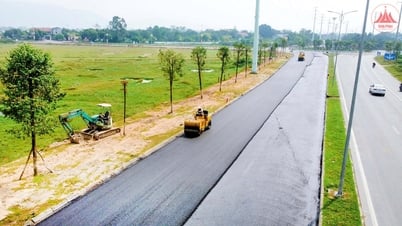












![[Photo] Nearly 104,000 candidates in Hanoi complete procedures to take the 10th grade entrance exam](https://vphoto.vietnam.vn/thumb/1200x675/vietnam/resource/IMAGE/2025/6/7/7dbf58fd77224eb583ea5c819ebf5a4e)






























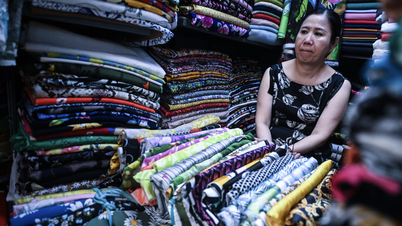







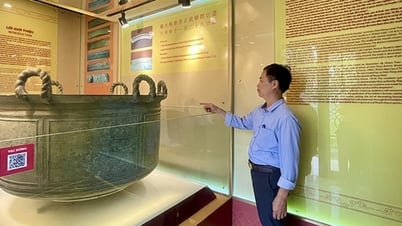


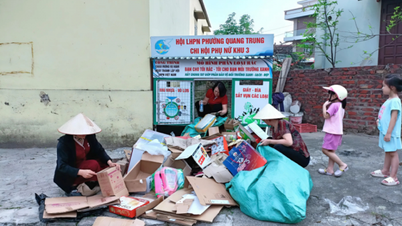








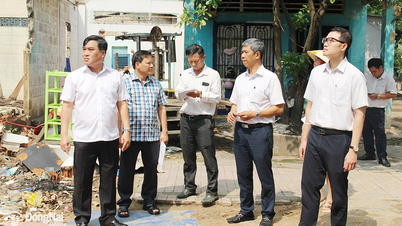








![[OCOP REVIEW] Tu Duyen Syrup - The essence of herbs from the mountains and forests of Nhu Thanh](https://vphoto.vietnam.vn/thumb/402x226/vietnam/resource/IMAGE/2025/6/5/58ca32fce4ec44039e444fbfae7e75ec)



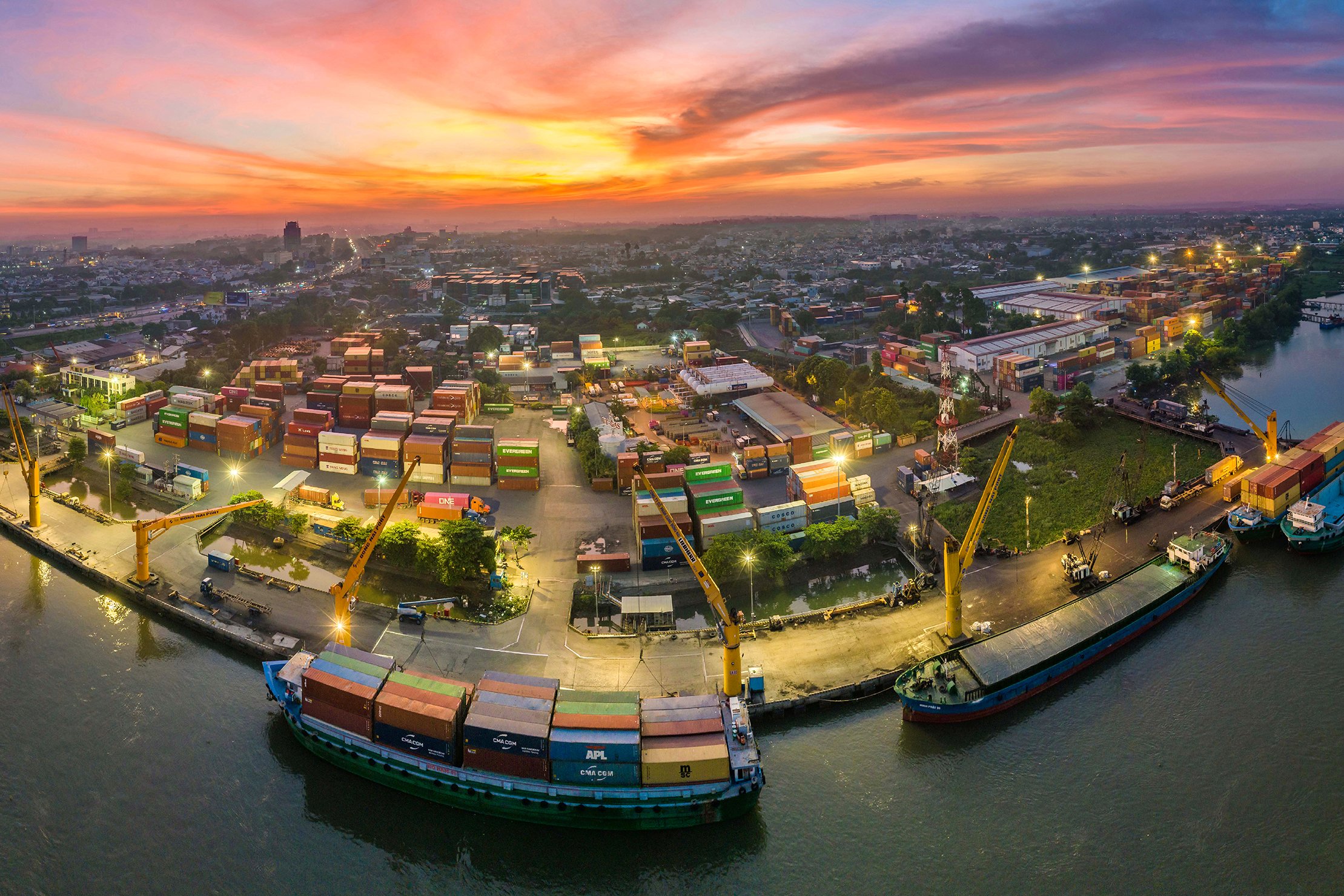
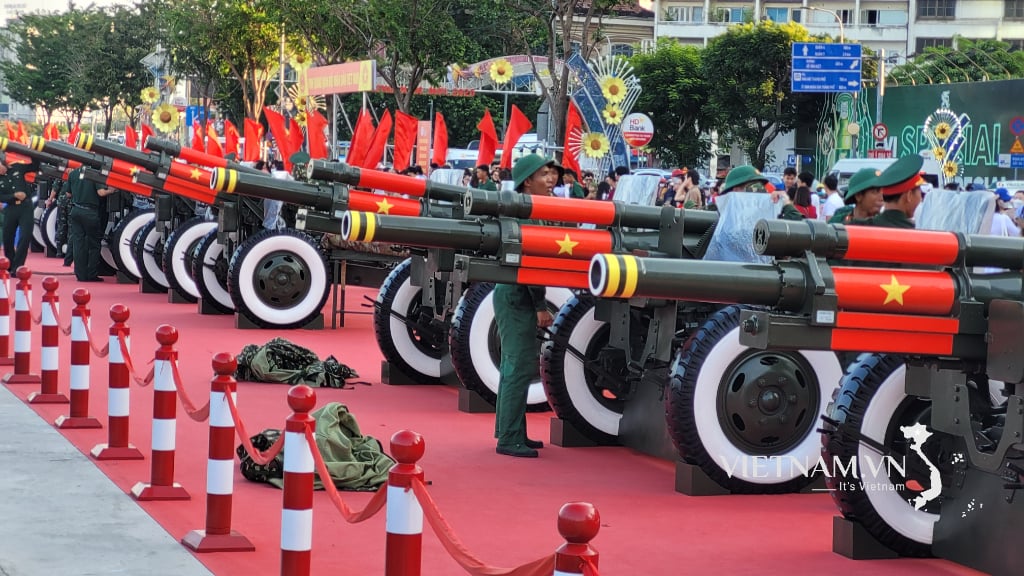
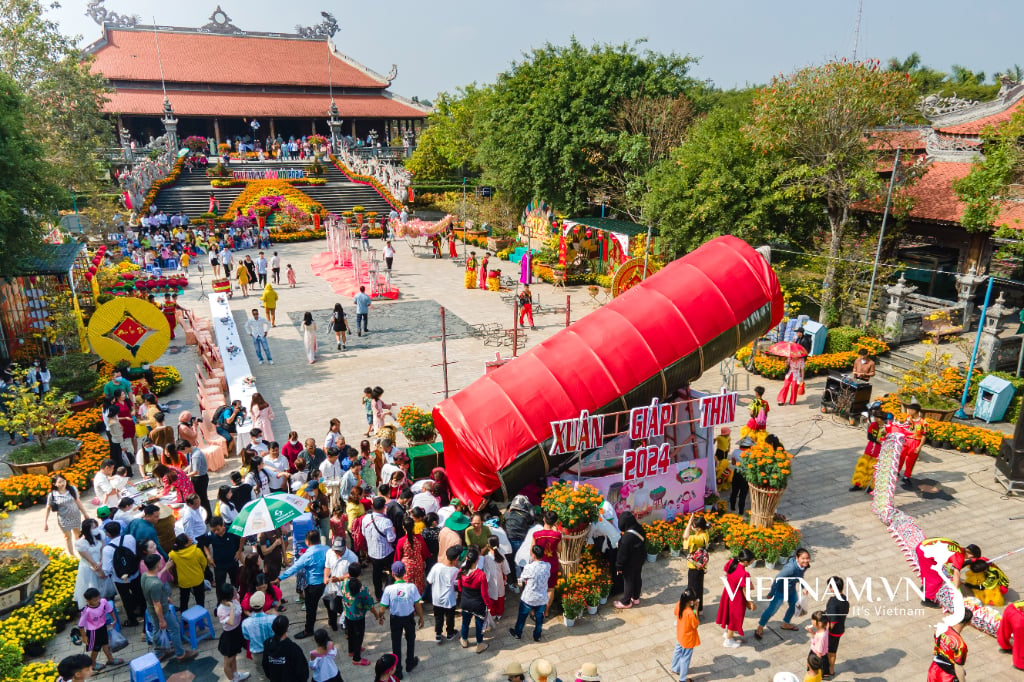
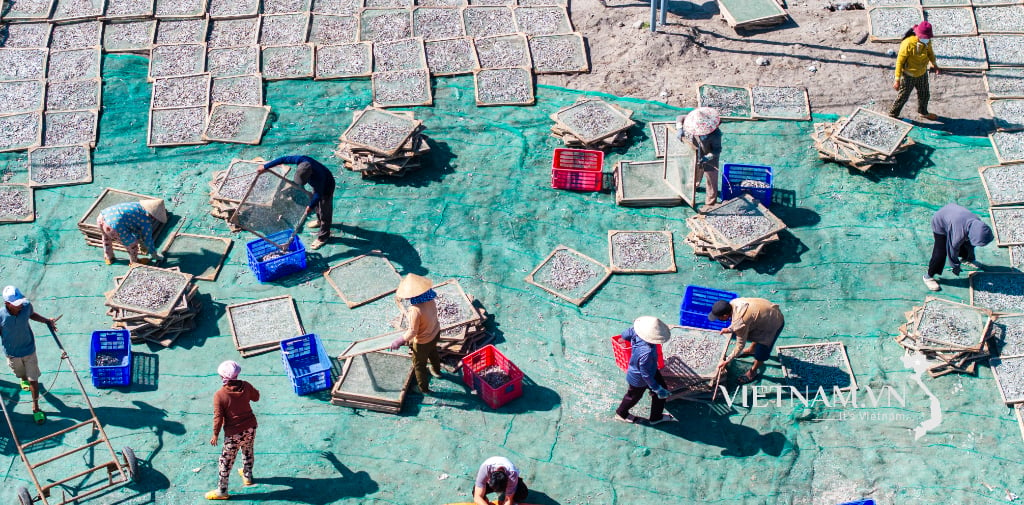
Comment (0)